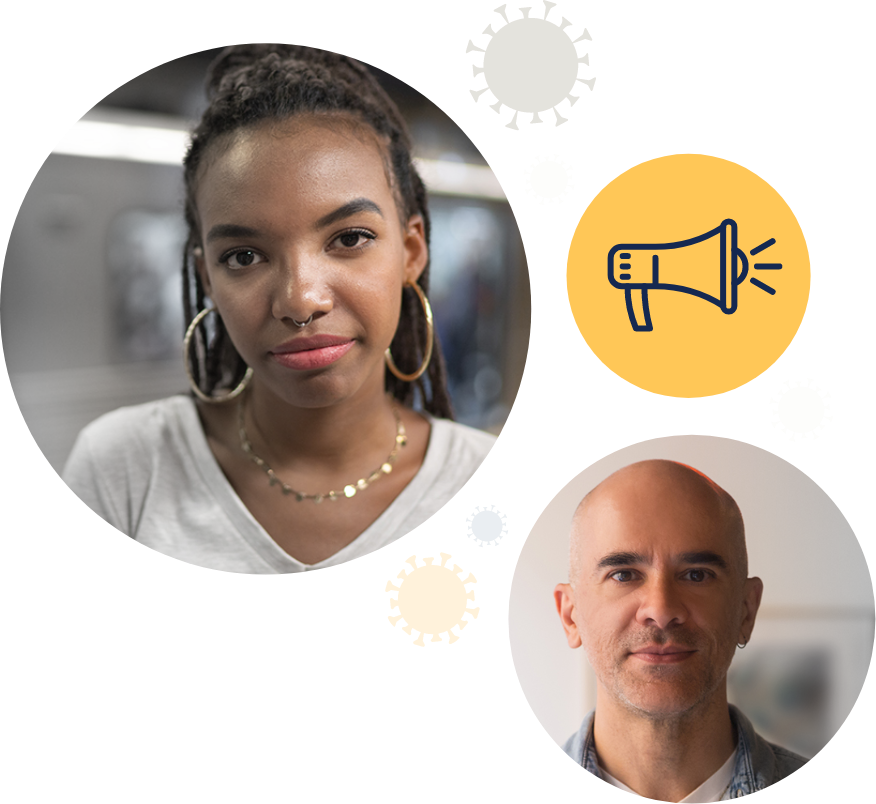News and Events
Stay informed about RECOVER’s Long COVID research by reading the latest news and participating in upcoming events.

Stay informed about RECOVER’s Long COVID research by reading the latest news and participating in upcoming events.

A public comment period will allow patients, caregivers, and researchers to comment on a study to test whether stellate ganglion nerve block (SGB) can help improve Long COVID symptoms.
RECOVER marks 5 years of Long COVID research, with NIH leaders, scientists, and clinicians continuing to guide and advance the initiative’s mission. In 2026, RECOVER will expand clinical trials to find answers for the Long COVID community.
While recruiting potential participants for its clinical trials focused on sleep disturbances, RECOVER study teams also conducted additional health screenings to identify and treat individuals with a sleep condition called sleep apnea.
Babies whose mothers had COVID while pregnant will help RECOVER researchers understand how the mother’s COVID case could impact childhood development.
On January 13, 2026, RECOVER hosted the second webinar in its 2-part series to help prospective researchers use biosamples from the initiative’s observational studies. RECOVER has made over 1.4 million biosamples available for study across the human lifespan, including 24,000 samples from its tissue pathology (autopsy) study. This webinar is part of the RECOVER Research Review (R3) Seminar Series, which brings the scientific community together to accelerate diagnosing, preventing, and treating Long COVID.
In 2025, RECOVER’s progress included closing the first phase of its adult observational study and publishing its first clinical trial results. This year, the initiative continues its studies and sharing research findings.
In a study published in JAMA Pediatrics, RECOVER researchers analyzed data from over 4,500 school-aged children and adolescents to understand the relationship between social risk factors and the risk for developing Long COVID.
On January 23, NIH and FNIH leaders will hold a RECOVER-TLC webinar to provide updates and answer questions about RECOVER’s latest clinical trial efforts.